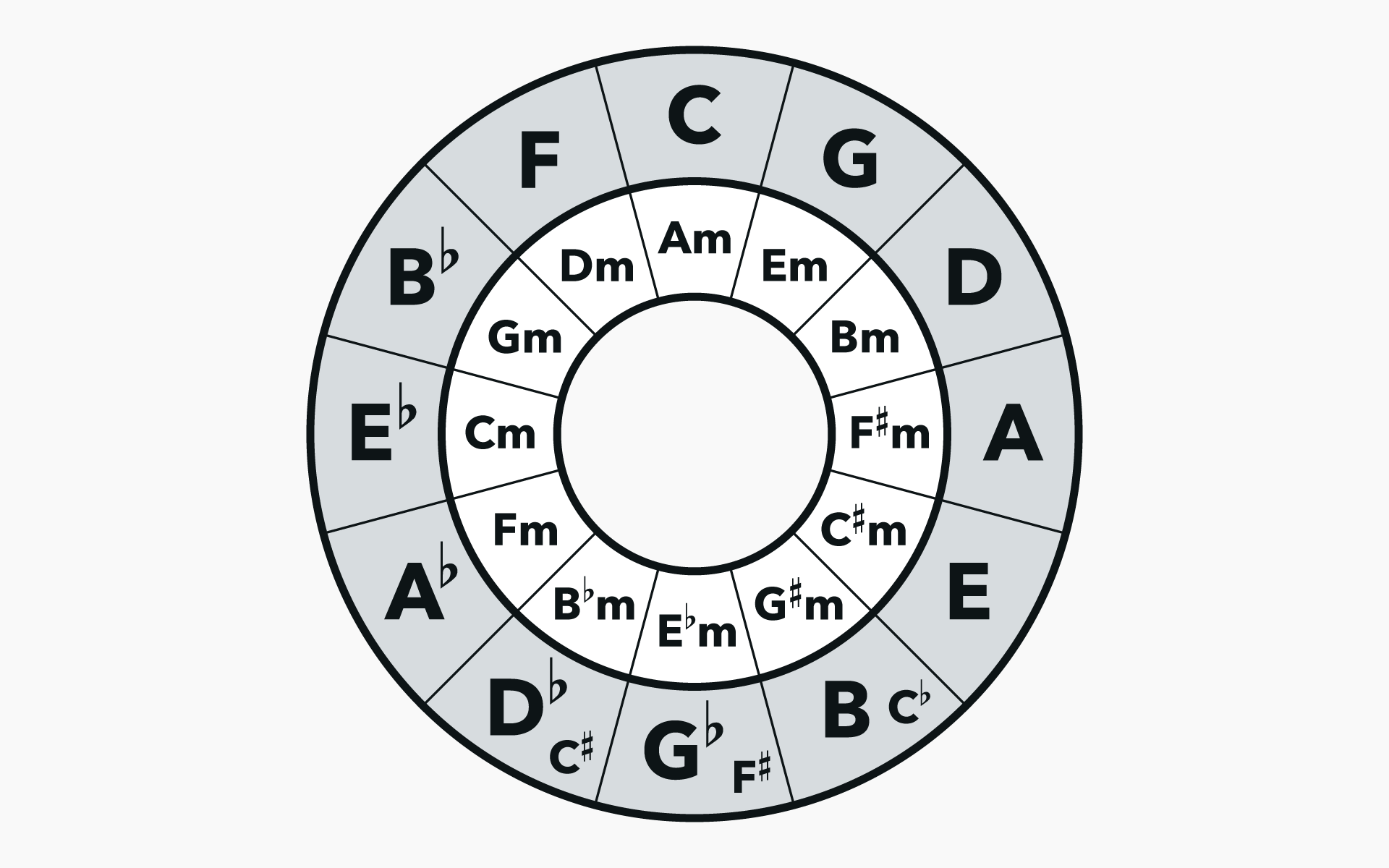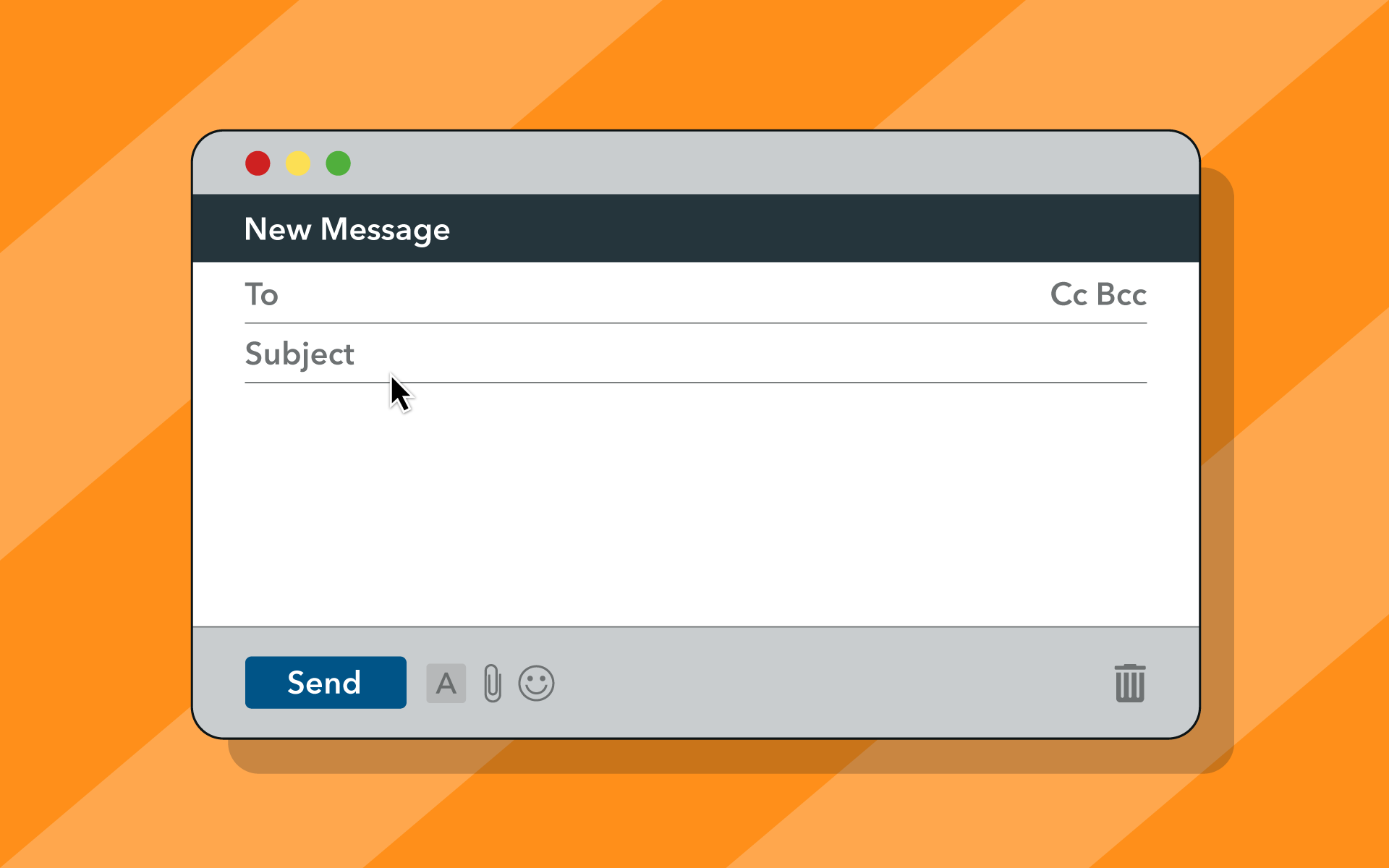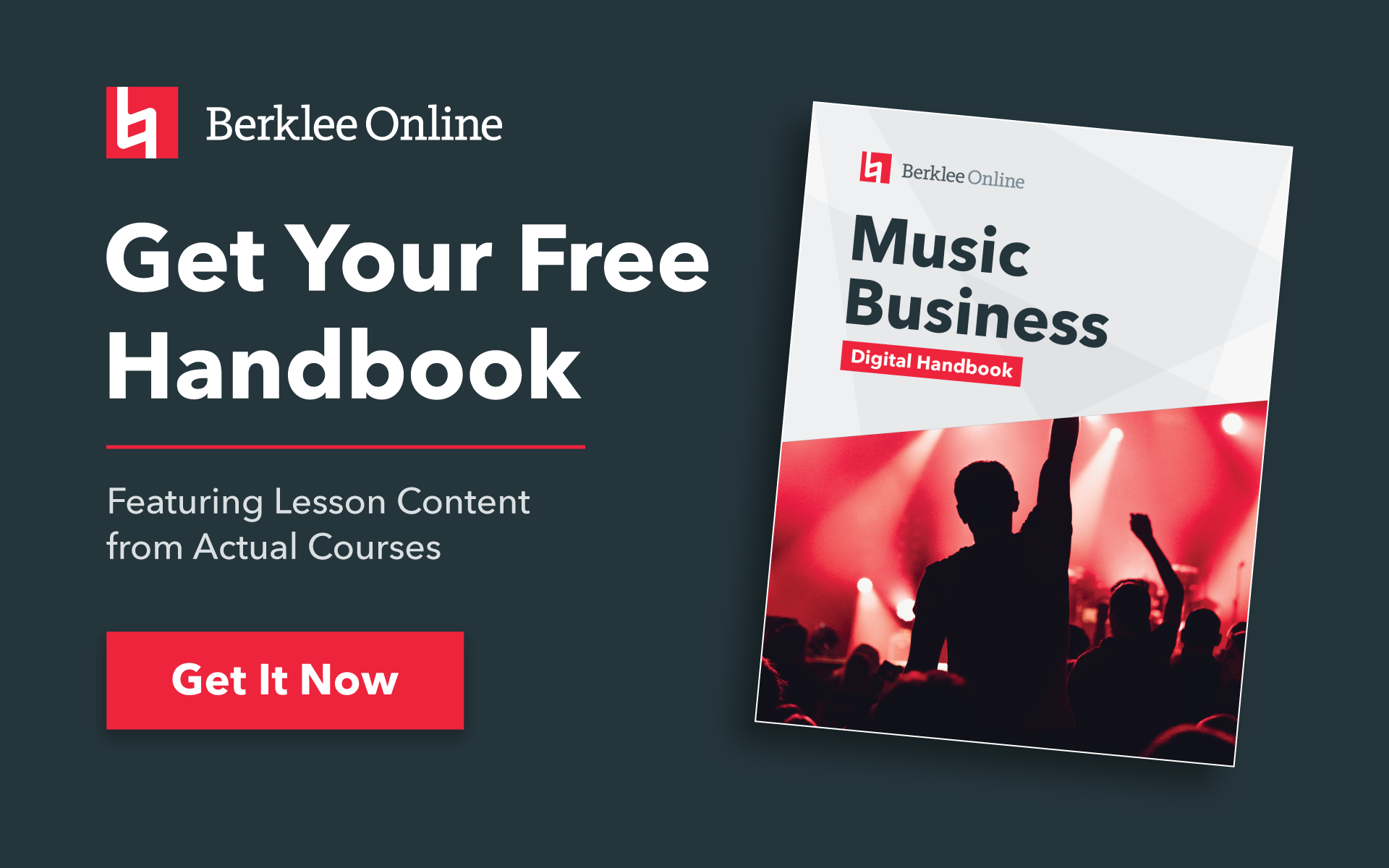Email subject lines are a lot like song titles; they should sum up what you want to say in a way that will intrigue people enough to make them want to learn more. According to Promoly, nearly 50 percent of recipients will open an email because of the subject line, and nearly 70 percent of recipients will report an email as spam because of the subject line. So how do you optimize your subjects in a way that they motivate people to click through, rather than send your message to the trash or spam folder? Here are five tips to help you write effective email subject lines:
1. Stand Out
As you are drafting your subject line, think about the emails that you click on and the ones that you delete immediately. You only have a split moment to make an impression on your recipients, which is why you want to do what you can to stand out, and in a positive way.
- Character Count: Shorter is typically better when it comes to emails, but not necessarily for subject lines. Studies have shown that subject lines that fall outside of the average 20-65 character length tend to have more opens because they stand out.
- Emojis: Emojis can help increase open rates by catching the recipient’s eye, but use them sparingly. Only include them at the beginning or at the end of a subject line and don’t replace words with emojis. That way if they don’t show up, the message is not affected. Remember to test an email with an emoji before sending to your list because certain ones only appear on certain devices and email interfaces.
- Urgency: Using words that create a sense of urgency like now and today have shown to increase open rates.
LEARN MODERN MUSIC MARKETING AT BERKLEE ONLINE
2. Personalize
No one wants to feel like they are one of a million people receiving the same email, which is why you want to find ways to personalize your subject lines. If you’re sending an email to your fan list, then think about the data you have about your audience so that you can cater the subject line to them. This could include name, location, or past concert attendance to name a few. Which one would you click on if your name is Joe?
Unpersonalized: House of Blues show next week
Personalized: Joe, we’ll be in your city next week
If you’re reaching out to record companies, potential producers, or publicists who you want to work with, then try to personalize the subject line with the research that you’ve done about them. Not only does this practice increase the chances of the email being opened but this makes the reader feel connected to the sender.
3. Use these Tools to Check Your Subject Line
There are some great free tools out there that can help you refine your email subjects before you hit send. One simple tool is called Send Check It, where you can input your subject line and it will give you a score with some ways to improve your message. Another is Zurb which will help you see what your subject line looks like on a mobile device. According to 2020 data, nearly half of all email opens happen on a mobile device. To check for clarity and conciseness, try the Hemingway App.
4. Put Your Subject Lines to the Test
If you use email marketing software like Mailchimp or Constant Contact, then you have the ability to A/B test your subject lines. This function may require an upgraded account subscription, but if email is an important and lucrative part of your outreach as a musician, it might be worth having these added insights. Try split testing two subject lines in a random 20 percent of the list. Whichever one gets the most opens can then be sent to the remaining 80 percent. When you’re thinking about making this investment, remember that email is one of the few direct to consumer channels, and the more data you have about your audience, the better you can share your music with them.
EARN YOUR PROFESSIONAL CERTIFICATE IN MUSIC MARKETING AT BERKLEE ONLINE
5. Make Sure Your Email Doesn’t End up in the Spam Folder
Now more than ever, people scrutinize the emails they receive with the increased threat of hackers. People are encouraged not to click on suspicious-looking emails, and to report anything that looks out of the ordinary because it could be someone trying to steal your information. With this in mind, you want to make sure that your email looks legit. Avoid click-bait language, use punctuation sparingly, and of course, make sure everything is spelled correctly. Would you click on an email that read: !!!!You’ll Never Geuss What Our New Song is About!!!!? Probably not, even if you have good antivirus software.
One other thing to note is that just because your email is safe from the spam folder, doesn’t mean it’s safe from the “Promotions” tab. Earlier we mentioned trying out words that create urgency, but be cautious of terms that sound too promotional, like free, discount, and % Off, because they might put your email into the promotions folder instead of the main folder.
The next time you go to write an email subject line, take these five tips into consideration and watch your open rates and responses soar.
STUDY MUSIC BUSINESS AT BERKLEE ONLINE












